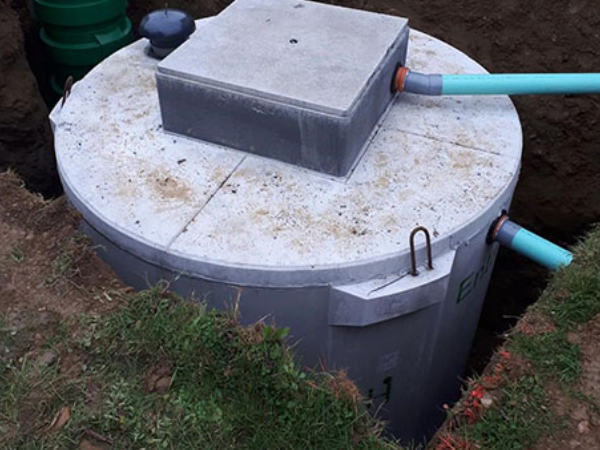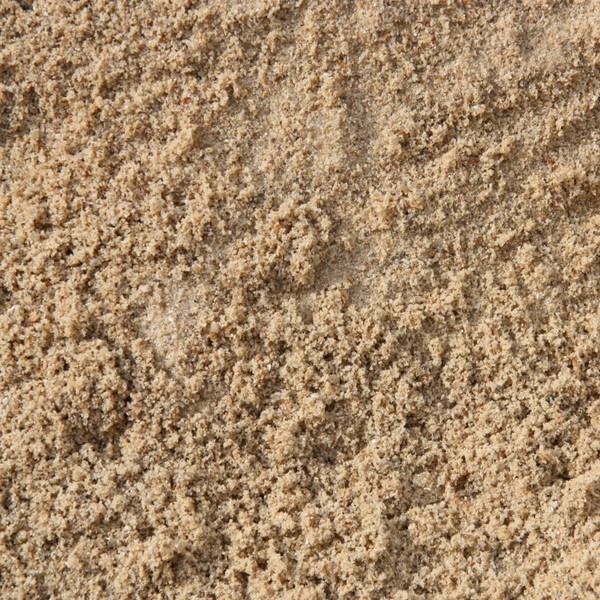(Page créée avec « Installation of gravel and sand elements ») |
|||
| (Une révision intermédiaire par le même utilisateur non affichée) | |||
| Ligne 34 : | Ligne 34 : | ||
|Tools=Glove | |Tools=Glove | ||
| − | + | . | |
| − | + | . | |
Saw | Saw | ||
Version actuelle datée du 6 septembre 2024 à 09:10
Introduction
For a long time, the problem with filters was that they took too long to filter. Numerous solutions have been proposed over the years to improve their cost-effectiveness, while bearing in mind that their composition will have to use easily accessible materials. The biosand filter was an innovation that solved this problem thanks to its simple installation and it is for domestic use. It works in several stages, which can be summarised as follows Water is poured into the top of the filter, where a diffuser plate placed above the sand disperses the force of the water. By gravity, the water then slowly passes through the layer of sand, then gravel, before reaching the pipe at the base of the filter. At this point, the water is pushed through the pipe embedded in the concrete cover and exits the filter, ready for use.
As with all slow sand filters, there is a combination of biological and mechanical action to remove pathogens from the water. When the water is poured over the top, its organic components remain on the surface of the fine sand and form (after one to three weeks) a bacterial film.Étape 1 - Casting the shell
Pouring concrete into the formwork system
Étape 2 - Washing of gravel - sand
Étape 3 - PVC pipe assembly
Étape 4 - Installing the pump in the PVC pipe
Étape 5 - Installation of gravel and sand elements
Étape 6 -
Draft


 Français
Français English
English Deutsch
Deutsch Español
Español Italiano
Italiano Português
Português